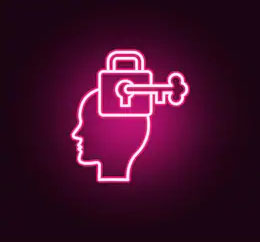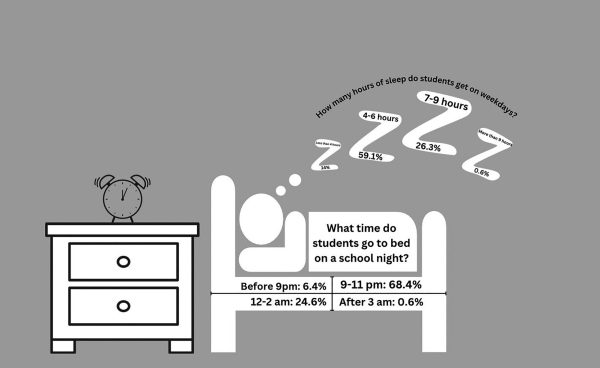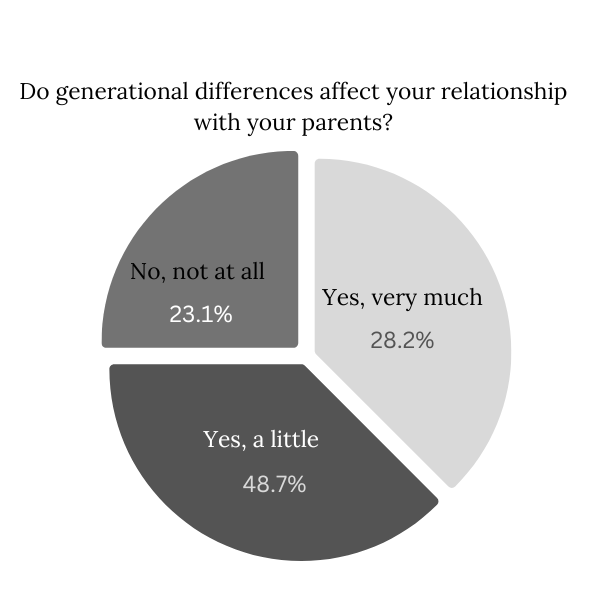Coping vs defense mechanisms

September 19, 2019
Normally, when coping mechanisms come up, it ends with finding the most outrageous hair dye and locking oneself in the bathroom for a few hours. Or maybe you’re one who decides to hide within the world of video games and cancel out the real world until your mom forces you to go to bed. Whatever the method, coping and defense mechanisms are tools that students use to help them overcome stressful situations.
“We definitely see kids going through rough times. Sometimes its school related, stuff going on at home, [sometimes] its peer related,” Jaclyn Kwiatt, social worker, said.
The main difference between a coping mechanism and a defense mechanism is that with defense, a person might not know that they are doing it. With behaviors such as lashing out at friends and family or locking themselves away from the world, they might not even realize what they are doing until the deed is already done. Defense habits are the ones that happen mentally, which in turn become behavior.
Coping mechanism are physical and normally easier to have control over, since the person knows what they are doing.
“You may not even be aware that you are even using a defense mechanism, and because they are a more abstract concept, they cannot necessarily be proven as scientifically valid,” Katie Jeray, psychology teacher, said. “From a theoretical standpoint you would develop them to avoid dealing with something traumatic or problematic.”
According to Dutch psychologist and researcher Dr. Sharon Galor, stated in her blog, defense mechanisms tend to be unconscious habits that are based off survival behaviors, describing them as “necessary tools used for adaptive behavior.” As the name suggests, putting up defenses makes one feel better about oneself and one’s decisions while helping to block out any negative or distressing thoughts and feelings.
John Grohol, founder and Editor-in Chief of Psych Central, states in an article there are 15 common defense mechanisms which include: “denial, regression, acting out, dissociation, projection, rationalization, and displacement.”
“No two people are dealing with the exact same problems, so it is hard to say what exactly would cause someone to work on coping mechanisms or unconsciously create defense mechanisms,” Jeray said.
On the other hand, coping mechanisms are conscious. Explained by psychologists Richard Lazarus and Susan Folkman, these types of mechanisms are “an activity we do to seek and apply solutions to stressful situations or problems that emerge because of our stressors.” These are the more physical things that people choose to do, such as meditating, problem-solving, exercising, reading, or talking to someone about it.
“Some coping methods, though they work for a time, are not effective for a long-term period. Their ineffective coping mechanism, which can often be counterproductive or have unintended negative consequences, are known as maladaptive coping,” according to GoodTherapy.org.
Linden Oaks suggests S.T.R.E.N.G.T.H to help balance an overly emotional or stressful mindset. The acronym stands for sleep, taking care of self, resist urges, exercise, nutrition, gain mastery, time for yourself, and healthy self-talk.
Some practices that can help someone gain more control of themselves, also suggested by Linden Oaks, are scanning over the body and feeling every sensation starting from the toes and going all the way up to the neck. Another one includes balloon breathing, which is placing the hands on the stomach and imagining that the stomach is a balloon, feeling the pressure inflate and deflate.
“A lot of unhealthy coping skills are the ones that are the easiest,” Kwiatt said. “Healthy coping skills are often the hardest in the moment sometimes, but they give you better results in the long run. You can train yourself to the point where that becomes your natural tendency, if you are dedicated and realize that your unhealthy coping mechanism is causing more problems than it’s worth.”











